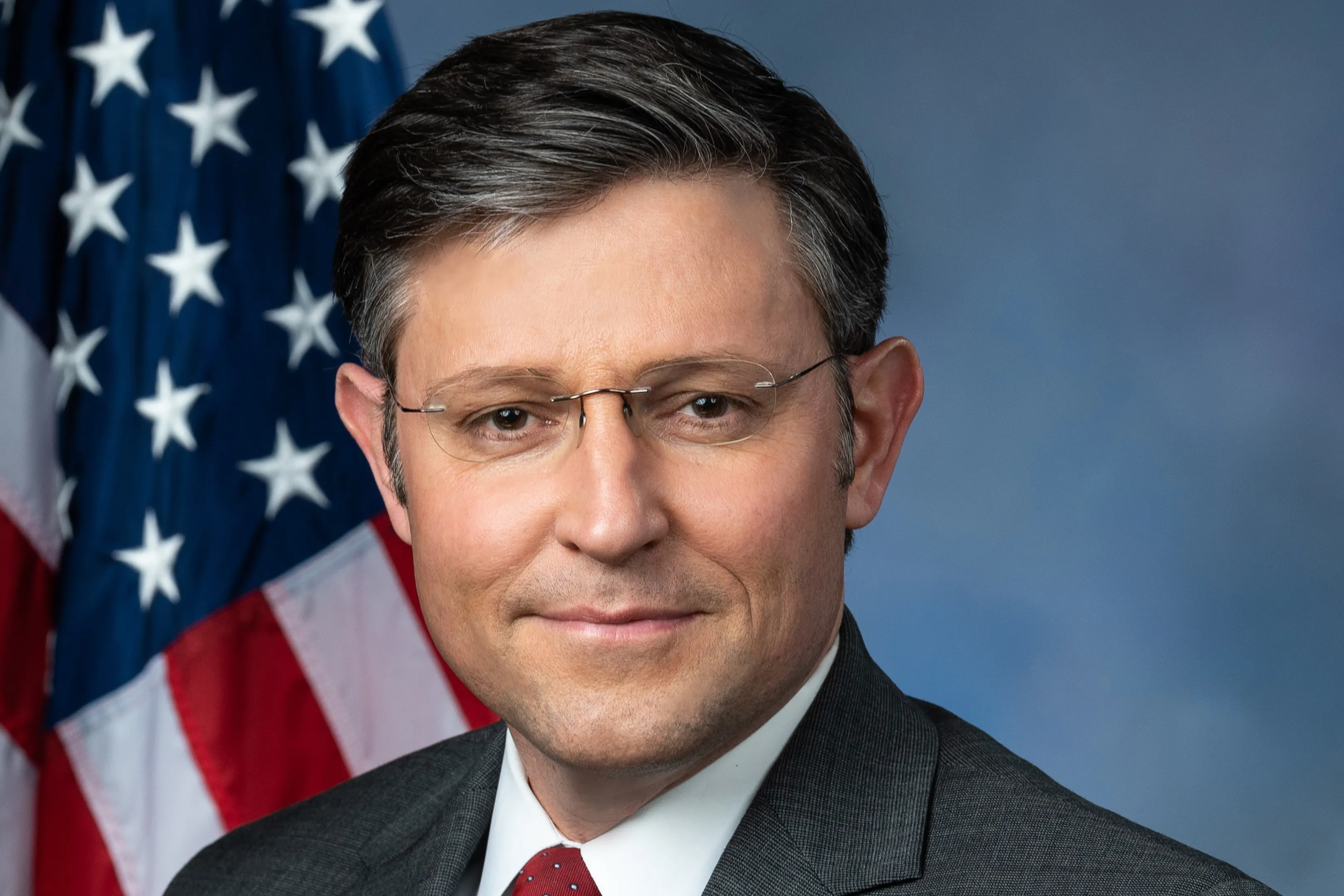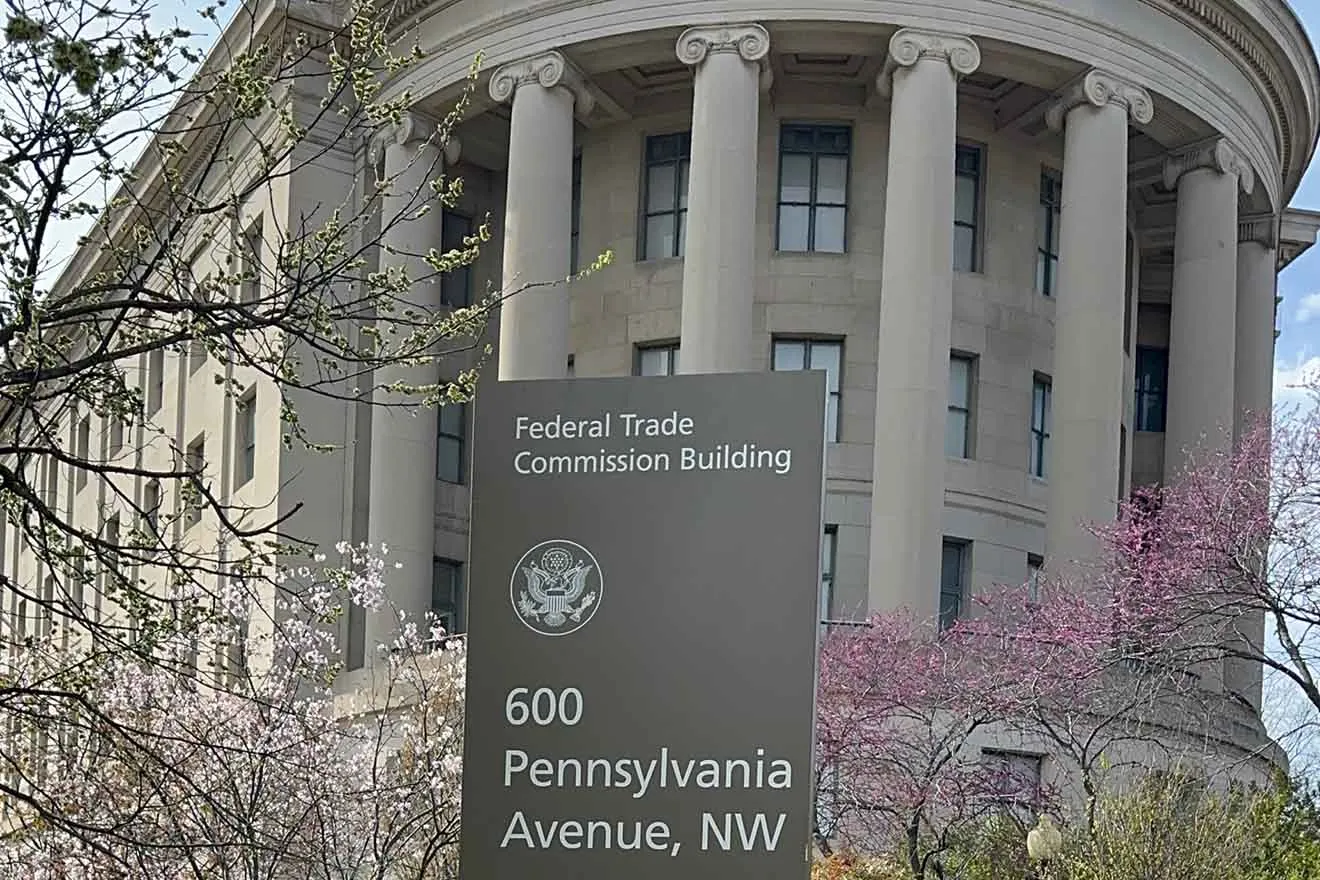
Daily Audio Newscast - October 27, 2025
© AlexLMX - iStock-823000260
Six minutes of news from around the nation.
Chinese and U.S. officials tentatively agree to avert 100 percent tariffs; NC can apply for rural health funding as Medicaid money dries up; NM becomes first state to adopt 'universal child care'; IN fertility advocates question Trump's new IVF policies.
TRANSCRIPT
The public news service Daily Newscast, October the 27th, 2025.
I'm Mike Clifford.
The US reached a framework agreement with China to avoid imposing an additional 100 percent tariff on Chinese imports.
US Treasury Secretaries said in interviews on Sunday morning, down from CNN.
They report the apparent progress comes during the first leg of President Trump's diplomacy tour in Asia, easing tensions before this week's highly anticipated meeting with Chinese leader Xi Jinping.
CNN notes in Washington the federal government shutdown drags on and some lawmakers are expressing alarm about Trump's expanding military campaign against alleged drug trafficking operations in the Caribbean.
Meantime, the deadline approaching for states to apply to a federal program meant to support rural hospitals as Medicaid funding is slashed in the coming years.
The 50 billion dollar rural health transformation program was approved as part of the One Big Beautiful Bill Act passed in July, which is expected to cut 137 billion dollars of federal Medicaid spending in rural areas over the next decade.
The North Carolina Department of Health and Human Services confirms it will apply for the program.
Cody Kensley, former secretary of the State Health Department, says the program doesn't provide enough funding to make up for cuts to Medicaid, but that it still could provide transformational changes.
"It won't be enough to finish the job, but it is money that could do good work and my encouragement to states is to put those monies into investments that can make some positive difference in rural communities because they need it.
Half of the 50 billion dollar fund will be distributed equally to states that apply.
A quarter of the money will be distributed based on how rural the state is and the final quarter will go to states that score well on an application that reflects the Trump administration's "Make America Healthy Again" policies.
State applications for the program are due November 5th.
I'm Eric Tegethoff reporting.
We head next to New Mexico where families are expected to save thousands of dollars on child care in the coming years as the state becomes the first to adopt universal child care.
U.S. Department of Labor data from 1922 show families across the country spent anywhere from 9 to 16 percent of their medium income for full daycare for one child.
The estimate is 11 percent of a New Mexico's family income according to the finance website WalletHub.
Jacob Voices for Children says getting agreement on the system from children's advocates and state policymakers is a huge milestone.
Beginning November 1st there will be no more income requirements for subsidized child care and then also it will come into effect is what they're calling the enhanced reimbursement rate.
The New Mexico governor expects the program to save the average family about $12,000 per year per child.
Child care assistance funds from the state will go directly to providers selected by parents, with rates of reimbursement based on the age of the child, the care facility and the quality of care.
I'm Roz Brown.
This is Public News Service.
The Trump administration is aiming to ease the financial strain of in vitro fertilization by reducing the price of common fertility drugs, expanding IVF insurance coverage, and working with the FDA to approve new drugs.
In Indiana, couples can expect to pay $12,000 to $15,000 for a prescribed seven-step IVF cycle, and insurance companies may not cover the entire cost.
President Donald Trump first took action on the issue in February, announcing the development of policy recommendations to make IVF more affordable.
Stephanie Jones with State Strong says Trump's actions fall short, and he changed course from what he promised on the campaign trail.
It was announced that it was going to make IVF free and accessible for all.
Either the federal government was going to be paying for it or your insurance company was going to be paying for it.
What we found out is very far cry from that.
In a recent White House speech, Trump called the IVF drug deal "a historic victory for American women, mothers and families."
I'm Terri Dee reporting.
And the Arizona Department of Transportation is launching the second phase of a plan to install 34 EV charging stations along state highways.
It's part of a plan to grow that number to at least 74 eventually.
The first phase of ADOT's plan installed charging stations along Arizona's busiest interstates including I-10, I-19, I-8 and I-40.
Now the state's accepting bids to install new facilities along highways in more remote parts of the state.
Arizona PIRG Education Fund Executive Director Diane Brown says the expansion will reduce what's known as range anxiety which she says is among the biggest obstacles to EV ownership.
The concern of being able to get to where they need to be able to go and have adequate charging.
I'm Mark Moran.
Finally as schools in Missouri and around the country scale back electives due to budget cuts some education Advocates say extracurricular programs can help fill the gap, particularly in fields like science, technology, engineering and math, otherwise known as STEM.
In Missouri, the current budget strain includes an estimated $84 million in delayed federal funding for education, which affects teacher support and student technology initiatives.
Ed Kim with Code Ninjas, a private after-school STEM and coding program, warns that the U.S. education system risk falling behind if it doesn't keep pace.
The pace at which technology keeps innovating and improving keeps increasing, right?
Gets quicker and quicker.
Data from Kids Count Missouri show the state has lost grounding and researchers warn that students in rural and low-income communities face the greatest barriers when enrichment programs aren't available.
Crystal Blair reporting.
This is Mike Clifford for Public News Service.
Member and listener supported.
Find our trust indicators at PublicNewsService.org.















